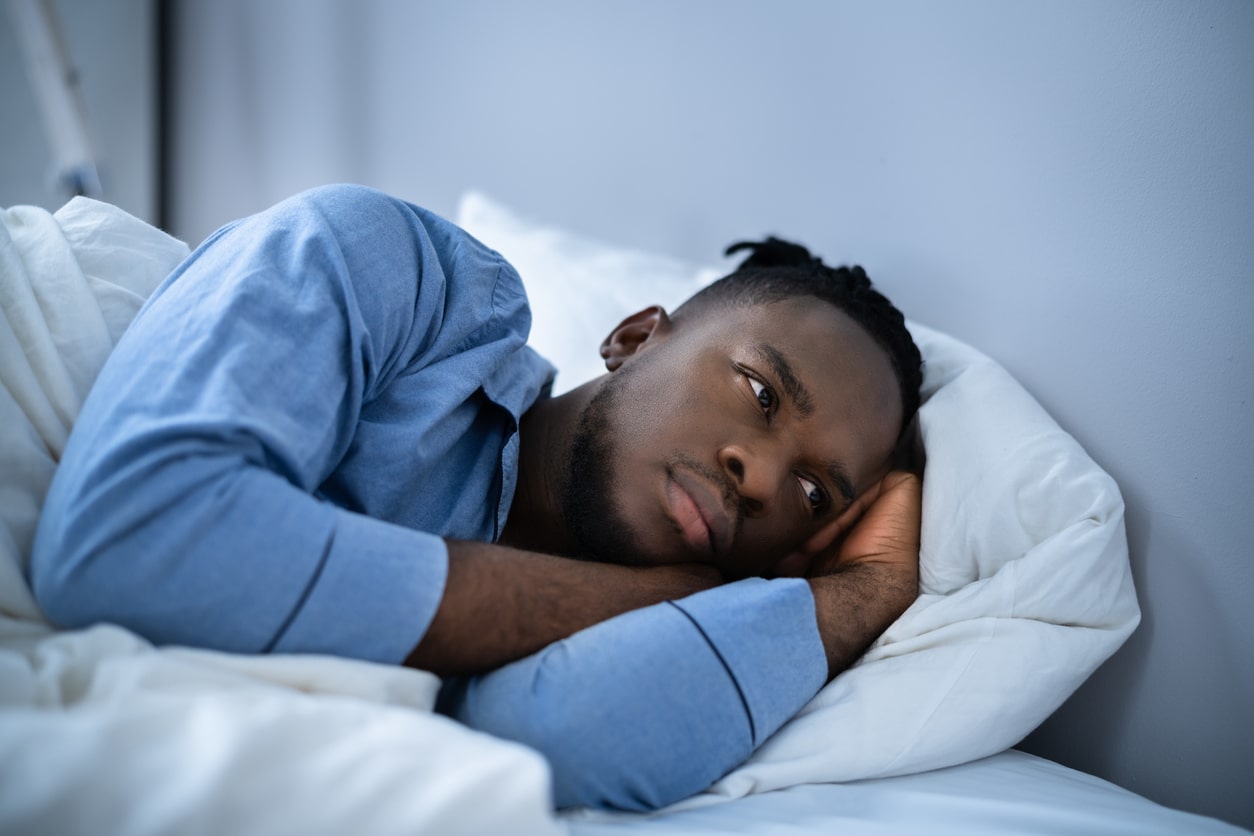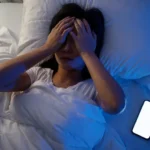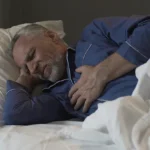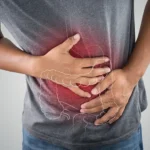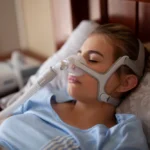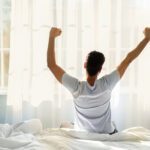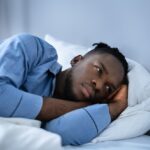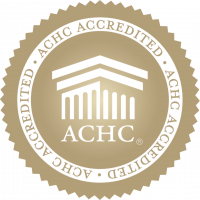Sleep apnea is a sleep disorder in which your breathing is repeatedly interrupted throughout the night. This disorder is extremely common, affecting over 25 million Americans. Nonetheless, it can be very serious, leading to many dangerous health conditions like high blood pressure, heart disease, and stroke. Left untreated, sleep apnea can cause your health to suffer and your quality of life to decrease. Although sleep apnea is very common among adults, few people know they actually have it. Studies show that 1 of 50 people are not aware they have sleep apnea. Leaving sleep apnea untreated does not only put you at heart disease risk, it also makes you groggy, low energy and unable to enjoy the joyous moments in your life.
So, how do I know if I have Sleep Apnea?
Here are a few symptoms that might indicate sleep apnea:
Snoring
Loud, chronic snoring is perhaps the most common symptom of Sleep Apnea. Has your partner complained about your snoring, or even left the bedroom completely because of it? If so, your snoring may be something to worry about. Not all snoring suggests sleep apnea, but when it starts causing people to speak up, it may be something that needs to be checked out. Ask your partner if they hear loud gasping or choking when you’re asleep. They might even hear the telltale sign of loud snoring followed by a period of silence and then a loud snort or gasp of air. That sequence of events is a classic apneic episode.
Even if your snoring is soft, don’t rule sleep apnea out of the picture. In addition, some patients have surgery or use devices to stop snoring. This could simply be hiding their underlying Sleep Apnea.
Teeth Grinding (Bruxism) at Night
People who clench or grind their teeth (brux) during sleep are more likely to have other sleep disorders, such as snoring and pauses in breathing which might indicate sleep apnea. Many research studies have found that a higher-than-expected percentage of people have both OSA and sleep-related bruxism.
Some studies, which examine patient records and datasets, identified that many people with OSA were also prone to grinding their teeth at night. One hypothesis presented that sleep apnea might give rise to episodes of teeth grinding, occurring as a response to the pauses in breath that happen because of OSA.
Others argue that when the airway becomes constricted from OSA, movement of the muscles of the mouth that are involved in chewing may help to reopen it leading to teeth grinding. Another possibility is that the clenching and grinding help to lubricate the tissue in the back of the throat that can become dried out from labored breathing as a result of sleep apnea.
Night Sweats
Excessive sweatiness at night can also be an indication of sleep apnea in both men and women. Some women attribute their hot flashes at night to menopause, when actually sleep apnea is the true culprit. Hot flashes exclusively at night, in fact, are more commonly induced by sleep apnea than menopause. Do you find yourself waking up sweaty during the night? Are you constantly taking your feet out from under the covers or completely taking the covers off during the night? If so, then sleep apnea is high on the list.
Waking Up With A Sore Throat and Dry Mouth
When you have sleep apnea, your breathing gets interrupted and you gasp for breath a significant number of times throughout the night. As a result of constantly opening your mouth and gasping for breath, you might wake up with a sore throat or a dry mouth.
Difficulty Concentrating During The Day
Sleep apnea disrupts your sleep and prevents you from getting restorative sleep. As a result of sleep deprivation, you might find yourself having difficulty focusing on tasks during the day. If you feel like no matter how much you sleep, you are always tired and can’t focus, the chances are high that you might have sleep apnea.
Restless Sleep
Individuals who suffer from sleep apnea may experience a lack of restful sleep, which can manifest in physical movements such as tossing and turning, kicking, thrashing or jerking. If you find yourself frequently waking up in disheveled sheets, it may be a sign that you are struggling to breathe at night due to sleep apnea. As a result, your sleep patterns may be disrupted.
A Loss Of Interest In Sex
This might be surprising to most, but treating sleep apnea can improve both your sleep and sex drive. Sleep apnea can lead to a decrease in testosterone levels in men which can result in a decline in sexual desire. However, treatment for sleep apnea can help reverse this loss of testosterone and improve sexual drive.
According to the study done by Urology Journal, women with obstructive sleep apnea had several negative impacts on sexual function measures when compared to the normal population. These include: decreased sexual desire, difficulty becoming aroused and difficulty achieving orgasm.
Morning Headaches
Researchers believe that 18% of people who have sleep apnea experience morning headaches upon waking up, at least 15 days per month. These headaches, known as sleep apnea headaches, are characterized by a constant pressure-like pain that is usually felt on both sides of the head and can last for up to four hours. Unlike other types of headaches, sleep apnea headaches do not usually present symptoms such as nausea or sensitivity to light and sound.
Mood Swings and Bad Mood
Not getting enough quality sleep can have a negative impact on your mood, making you more irritable and easily angered. However, if left untreated, obstructive sleep apnea can lead to more severe mood disorders such as depression. This is due to the individual’s inability to get a good night’s sleep, which can worsen the symptoms of depression over time.
Treating sleep apnea can help reduce the symptoms of depression and lower the risk of developing it. It’s important to note that the longer the sleep disorder persists, the more it can affect your mood and mental state.
Even though sleep apnea can affect anyone, men are 2 to 3 times more likely to suffer from it. Here are other factors that can increase your risk of suffering from sleep apnea:
- Excess weight: Obesity greatly increases your risk of being affected by sleep apnea. Fat deposits around your neck can block your breathing.
- Having a neck circumference greater than 17 inches: People with thicker necks have narrower airways.
- Being older: Sleep apnea occurs significantly more in older adults.
- Family history: Having family members with sleep apnea might increase your risk.
- Smoking: Smokers are 3 times more likely to suffer from sleep apnea compared to people who have never smoked. Smoking increases the amount of inflammation and fluid retention in the upper airways.
- Nasal congestion: If you have trouble breathing through your nose due to allergies or anatomical problems, you are more likely to have sleep apnea.
- Medical conditions such as hormonal and cardiovascular disorder
Excessive Daytime Sleepiness
One of the biggest indicators that you may have sleep apnea is excessive daytime sleepiness, or EDS. Being tired and groggy throughout the day may not be your fault. Have you been getting at least 8 hours of sleep, but still you can’t shake the exhaustion? “Sleep apnea” (literally, “breaks in sleep”) prevents regenerative and restorative sleep and will keep you tired throughout the day. As you’re sleeping your brain wakes up, but you’re not awake long enough to recognize it. With sleep apnea, you fall back asleep directly after the apnea event within seconds, without realizing your sleep has been disrupted. Have you asked yourself recently why you still feel so tired upon awakening? Think Sleep Apnea!
Depending on the severity of the disorder, you could be waking up anywhere from 5 to more than 150 times per hour. Your oxygen can sometimes fall to levels that equate with being at the peak of Mt. Everest! It’s not rocket science that this would severely damage the quality of your sleep and even damage your brain. Humans spend almost a third of their lives sleeping. It is important to make sure that this time is spent properly, getting you well rested to seize the day.
Excessive Daytime Sleepiness is serious, and it affects around 20% of the population. Being chronically tired can have devastating effects on the quality of your life. Do you feel tired and work less productively? Do you have lapses in judgment? Are you not able to fully participate in the daily activities of life because you constantly feel lethargic and tired? Sometimes excessive sleepiness is not something you can overcome on your own. If you are worried, you should get checked out for sleep apnea by Ognomy.
Sleep Apnea can lead to major health issues
Sleep Apnea is not something you can simply push through, and excessive sleepiness can have drastic long-term effects, including cardiovascular problems and weight gain. If the sleepiness is connected to sleep apnea, the resulting health problems include heart failure, diabetes, high blood pressure, headaches, and cognitive problems. It is important not to let an issue like sleep apnea or EDS go unaddressed.
Luckily, getting diagnosed and on your way to proper treatment has never been easier than with Ognomy, our telemedicine platform. Just download the app, schedule a telemedicine appointment, and get connected to a board-certified practitioner.
What comes next?
After you schedule a telemedicine consultation, the doctor will ask about your medical history and perform a physical examination of your throat via your phone camera. From here, the next step usually entails the doctor ordering a home sleep test for you (as opposed to the more cumbersome sleep study in the Sleep Center), which ships directly to your home.
This easy-to-use test will monitor your oxygen and breathing levels. You simply wear the test (a few probes and a comfortable belt) for one night then you send it back in. The study will be reviewed and hand-scored by a sleep technician and then interpreted by your doctor, who will decide the best course of action depending on your results.
Next, you will be notified to schedule a follow-up visit with your doctor on the Ognomy application to review the results together and discuss a plan. If sleep apnea is clearly present, some patients require a sleep apnea machine called CPAP, but there are many other treatments to discuss with your doctor on Ognomy.
After this, you will be well on your way to a better night’s sleep, without ever having to leave the comfort of your home.
We hope this blog post can answer some of your questions such as “How Do I Know If I Have Sleep Apnea?” If any of the symptoms above sounds like a problem that you experience, don’t wait. Schedule a virtual appointment with one of our sleep specialists today to reclaim your sleep. Remember, every restful night of sleep counts!
Contact us to find out more, or download Ognomy on the Appstore or Google Play.
